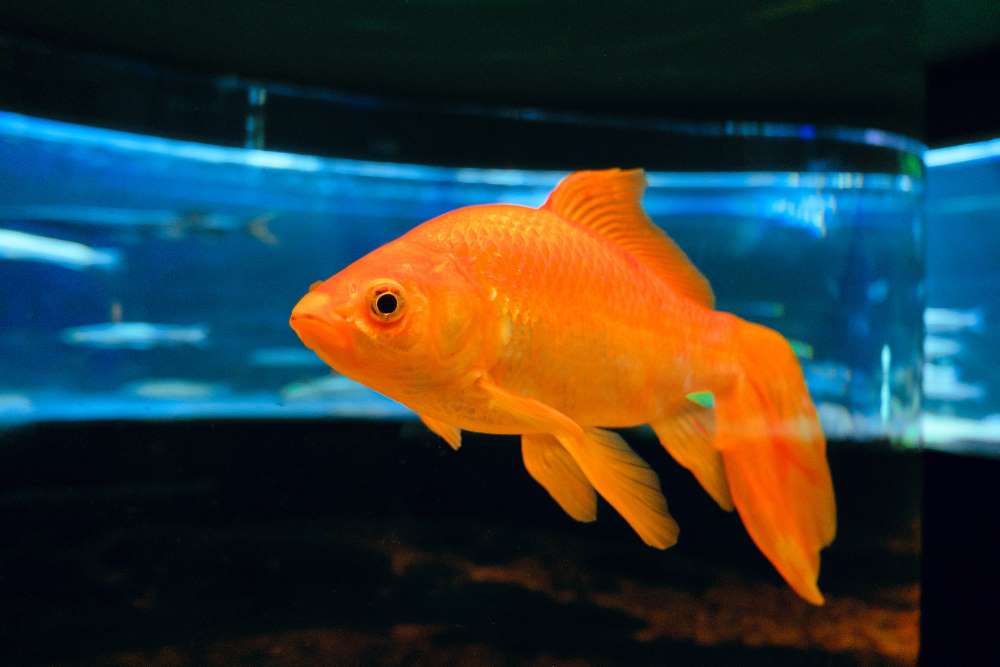
There is no doubt that fish make wonderful pets. They are beautiful to look at, and they can provide hours of enjoyment for people of all ages. But before you rush out to buy a fish tank, there are a few things you need to know to take care of your pet fish like a pro.
Whether you're a first-time pet owner or an experienced aquarist, read on for some essential tips on how to take care of your beloved fish!
Type of Fish
One of the most important things to consider when taking care of a pet fish is the type of fish you want to get and take care of. There are many different types of fish available, and each has its own unique set of needs.
Do your research before you buy a fish. Which are saltwater, freshwater, or cold-water fish? What is the difference between them? Should you know the Swordtail appearance and how will this affect your caretaking? It's important to know all this so that you can provide your fish with the proper environment and care.
For example, freshwater fish are typically easier to care for than saltwater fish. They can live in a wide range of temperatures and do not require special equipment or care. Saltwater fish, on the other hand, are more delicate and require a higher level of care. Cold-water fish need to be kept in cooler temperatures and also require special care.
The Importance of Fish Tank Size
The size of the tank determines how many fish you can have, as well as the type of fish you can have. It's important to choose a fish tank that is large enough to accommodate all of your fish, as well as any decorations or plants you want to add. A general rule of thumb is that each fish needs about two gallons of water. So, for example, if you have a ten-gallon tank, you can have up to five fish.
It's also important to consider the size of the fish when choosing a tank. Some fish grow to be very large, while others stay relatively small. Make sure the fish you want to get will be comfortable in the size of the tank you have or vice versa.
Fish Tank Location
The location of your fish tank is important because you should keep it out of direct sunlight and away from any drafts or heat sources. The temperature of the room should also be taken into consideration, as some fish require specific temperature ranges.
Of course, you also need to make sure the fish tank is in a place where it won't be knocked over or broken. Fish tanks are made of glass, which is fragile, so it's important to find a safe place for them.
Fish Tank Setup
When setting up your fish tank, it's important to use a water conditioner to remove any harmful chemicals from the water. It's also a good idea to add some rocks or gravel to the bottom of the tank for the fish to hide in. You can also add plants to the tank, which will help oxygenate the water and provide hiding places for the fish.
Additionally, you'll need to add a filter to the tank to keep the water clean. The water in the tank should be tested regularly with a water testing kit, which can be purchased at most pet stores.
Feeding Your Fish
Fish food comes in a variety of forms, such as flakes, pellets, or live food. It's important to choose a food that is specifically designed for the type of fish you have. You can also offer your fish vegetables or fruits as a treat. It's also important to vary your fish's diet so that they get all the nutrients they need. This can be accomplished by feeding them a variety of different foods.
On the other hand, overfeeding can lead to water pollution and health problems for the fish, so it's important to only feed them as much as they can eat in one sitting. A good rule of thumb is to feed them twice a day, and only give them as much food as they can eat in two minutes.
To take care of your fish properly, it is important to understand their needs and the setup of a fish tank. You also need to be aware of what type of food to feed them and how much to give them at one time. By following these tips, you can ensure that your fish will live a long and healthy life.



























